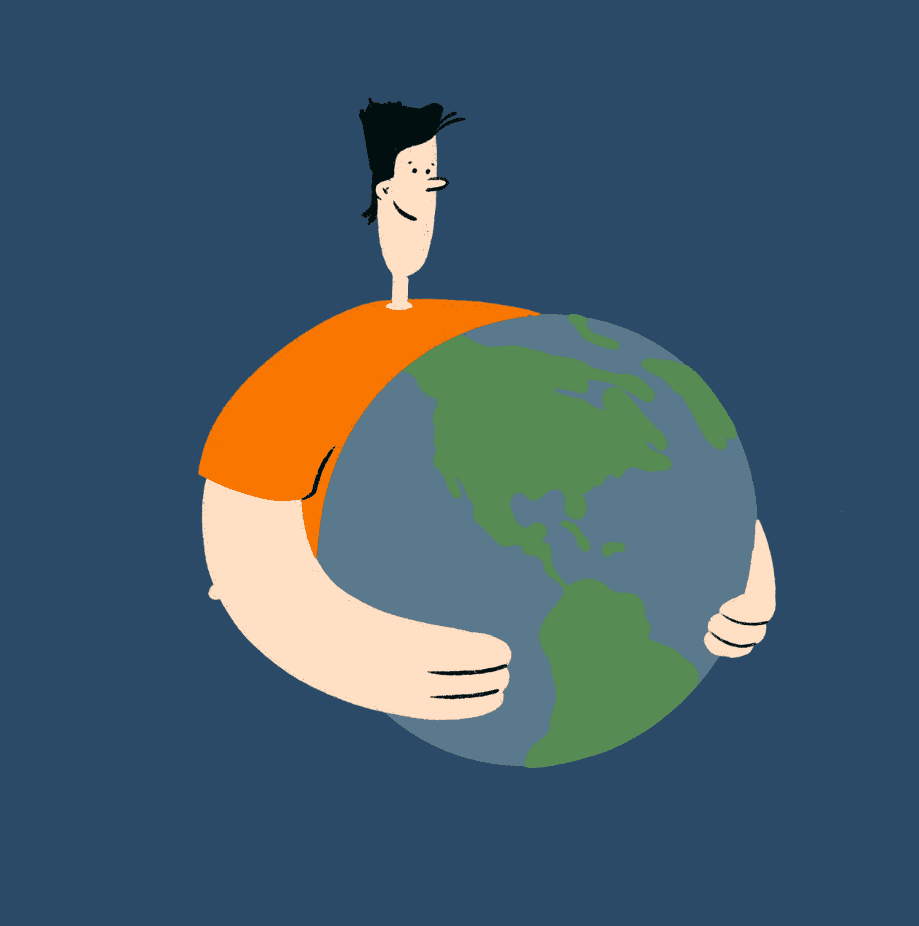Is sport compatible with a vegan diet?

Here's a colloquial English translation: In the world of exercise, there have always been many nutrition myths. Athletes, whether amateur or professional, care about their diet and often make many changes to improve their performance. This often involves unjustified scientific modifications to the diet, which can sometimes even worsen performance. Today, we're going to debunk the main myths about nutrition in sports: 1. "To increase muscle mass, we must significantly increase protein intake." This is the most widespread myth and the one that most people start changing their diet for when introducing sports or physical exercise into their lives. It's true that when we exercise, our muscles need to recover with protein from the diet, but this doesn't mean doubling the intake of this nutrient. Adding a bit more to meals will be sufficient. In fact, all the protein that the body considers unnecessary will be excreted through urine and feces.
So, be careful with the money spent on supplements; half of it is likely being eliminated by the body. Meeting your protein needs in a plant-based diet is not complicated. In this article on plant-based protein, we provide ideas on how to include them in your diet.

2. "To lose fat, it's advisable to reduce carbohydrates." This is another common mistake. Carbohydrates are the essential nutrient for humans in terms of energy generation. They are the main source that allows our bodies to perform at their best during exercise. Limiting this will only make us more tired, perform worse, and risk injury. 3. "If I exercise, I can afford to eat worse." Exercise is not a bargaining chip for food. This phrase can be very dangerous because it falls into the diet culture that can harm us physically and mentally. You deserve to eat, whether you exercise or not, and you deserve to give your body healthy and nutritious foods precisely because of the effort it puts in.
Restricting or prohibiting "unhealthy" foods will only worsen your relationship with food, just like having a "cheat meal day." It's true that your needs increase with exercise, but this doesn't mean that nutrition should be neglected.
You can allow yourself to consume superfluous foods, but a healthy baseline diet is fundamental for both general health and physical performance.

4. "Taking supplements is essential." The only essential supplement in an adult's life is B12 in the case of following a vegetarian or vegan diet. The rest of the supplements are entirely dispensable if our diet is good. Not even all professional athletes use them regularly; they might use them in specific situations and when truly necessary. In no case are they indispensable, and if you consider adding them, it's advisable to consult with a dietitian-nutritionist specialized in sports nutrition to create a menu that meets the particular needs of each individual and, if a supplement is added, to indicate the option that best fits our goals. 5. "I can't perform adequately with a vegetarian or vegan diet." A well-planned vegan diet can lead an athlete to become someone with a caloric and nutritious diet of equal or better quality than a non-athlete. The position of the American Dietetic Association is literally that "appropriately planned vegetarian diets, including total vegetarian or vegan diets, are healthful, nutritionally adequate, and may provide health benefits at all stages of the life cycle, including pregnancy, lactation, infancy, adolescence, and athletes." There is no nutrient exclusive to animal origin. On the other hand, there are exclusive plant-based nutrients. For a vegetarian or vegan athlete, there is no dietary limitation preventing them from improving their performance. In fact, quite the opposite: many athletes increase their performance because with a plant-based diet, they manage to increase their carbohydrate intake (something limited in omnivores focused more on consuming protein at all costs), giving a significant boost to their performance. In the vegan world, there are already many athletes who follow a diet without animal products. Among the most relevant cases are Lewis Hamilton (the Formula 1 driver follows a diet without animal products and has spoken out against animal cruelty on several occasions), Novak Djokovic, Venus and Serena Williams, Carl Lewis, former footballer Timo Hildebrand, bodybuilder Patrik Baboumian, Arnold Schwarzenegger, Patrik Baboumian, or runner Fiona Oakes. Many amateur or less-known athletes also follow this lifestyle. With a well-planned diet, a plant-based diet is just as good (and in some cases better) than an omnivorous diet for athletes (and for the planet). At VFC, we have 100% vegan and healthy dishes suitable for athletes, no matter what exercise you do. We have dishes categorized as "high protein" that allow you to include enough protein in your diet with peace of mind. You can check out our weekly menus here.

